WASTE MANAGEMENT
Domestic Waste
Compost & Bio-Gas
Reuse & Recycling
Domestic Waste
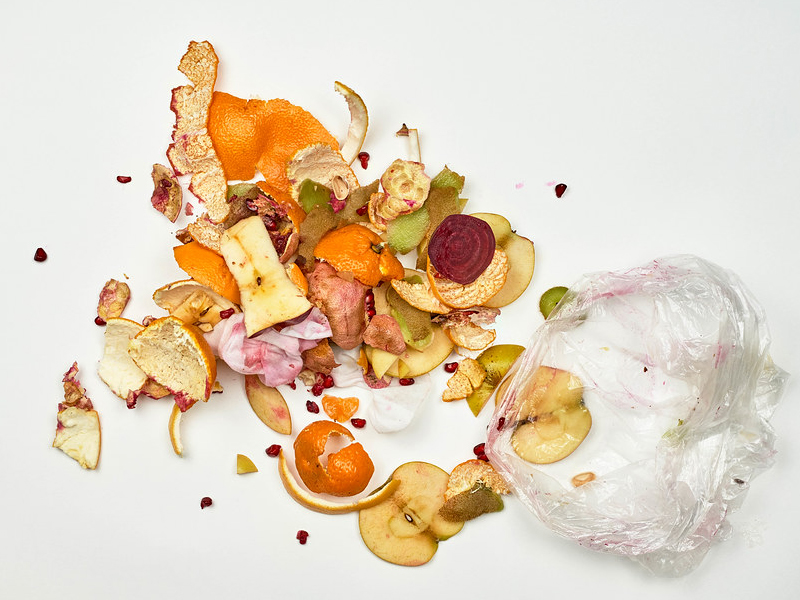
Domestic Waste Means
Household Waste, also known as domestic Waste or residential waste, is disposable materials generated by households. This waste can be comprised of non-Hazardous Waste and hazardous waste. Examples of hazardous waste include batteries and household cleaners. It is important that hazardous waste is handled in a safe manner to ensure that they are disposed properly so they do not cause harm.
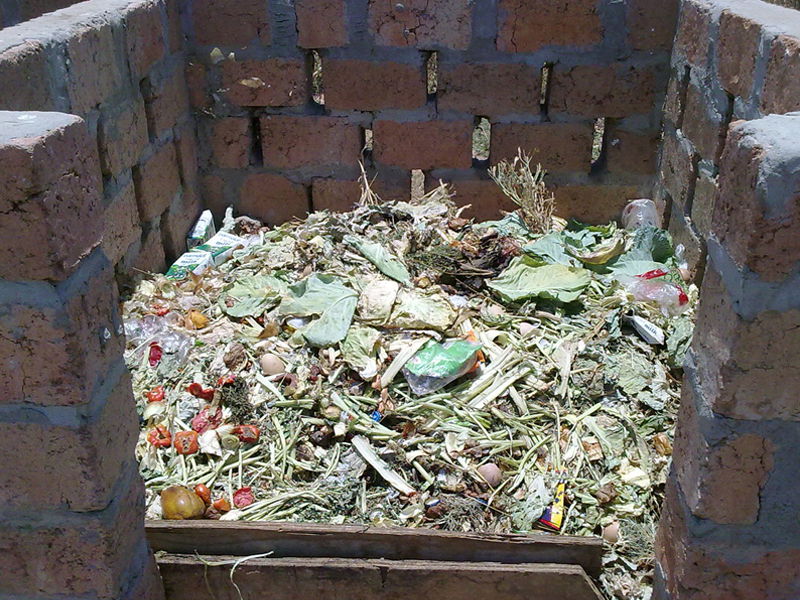
Causes For Waste
Too much food is cooked, prepared and served and so leftovers are produced. Among those also food damaged while cooking (burnt for example). Food is not consumed in time: food and drinks are thrown away because they reached their expiry date, or they don’t look edible any more.
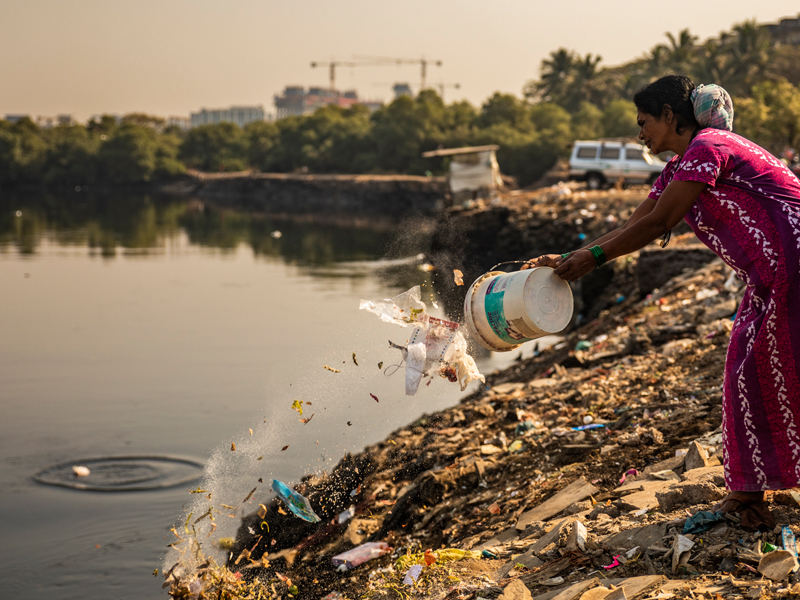
Manage Domestic Waste
Compost, fermentation, landfill, bioreactor landfill and semi-aerobic landfill have been approved as effective techniques to treat domestic waste, except incineration. The distance of 50–800 m between each collection facility and the disposal fee of around $0.8 per month per household are suggested.
Compost & Bio-Gas
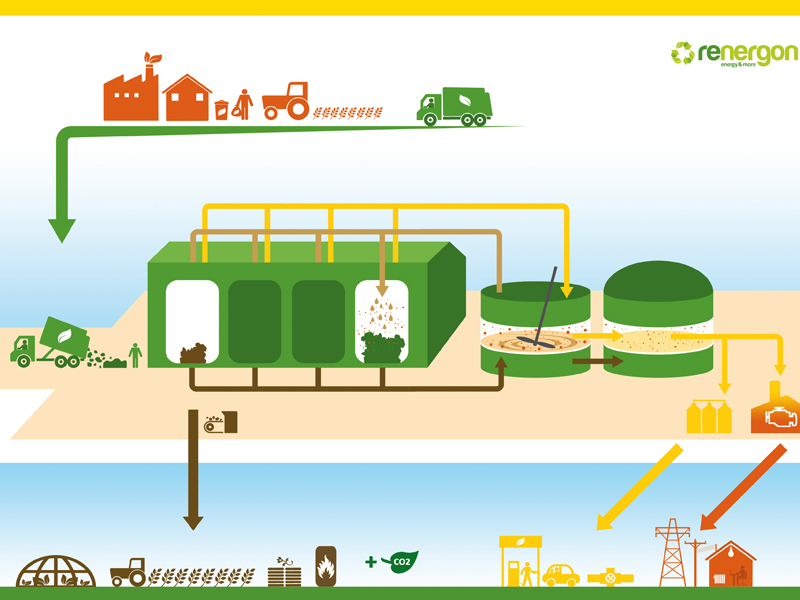
What is Bio-Gas
Both bio-gas and composting turn wasted organic material into something useful. Biogas makes methane, which is collected and burned to generate electricity. Composting makes organic fertilizer, which is used by gardeners, golf course managers and farmers to grow plants.
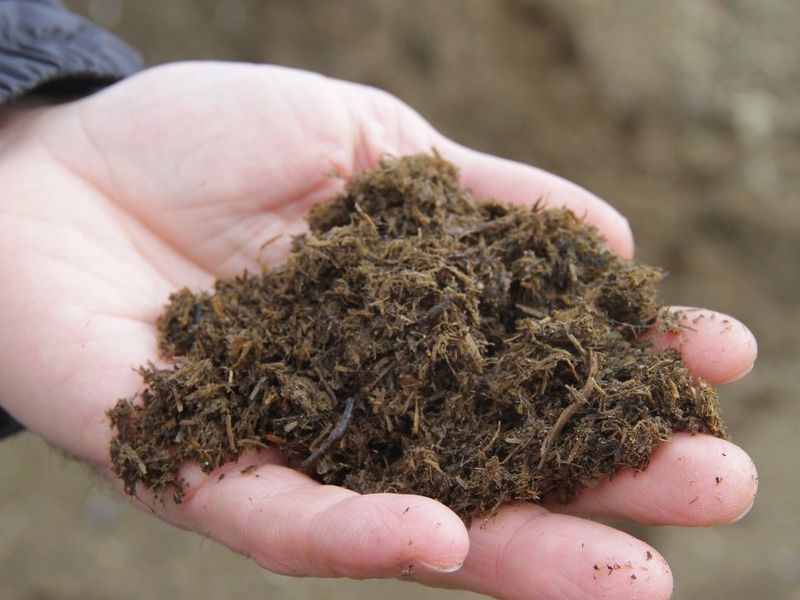
Difference By Scale
Both systems can work on any scale. Bio-gas is usually done on a large scale by a municipality or energy company. Some adventurous households tackle it themselves with DIY bio-gas generators. Composting can be done on a small scale in a household, for an entire apartment building or campus, or on a massive municipal basis.
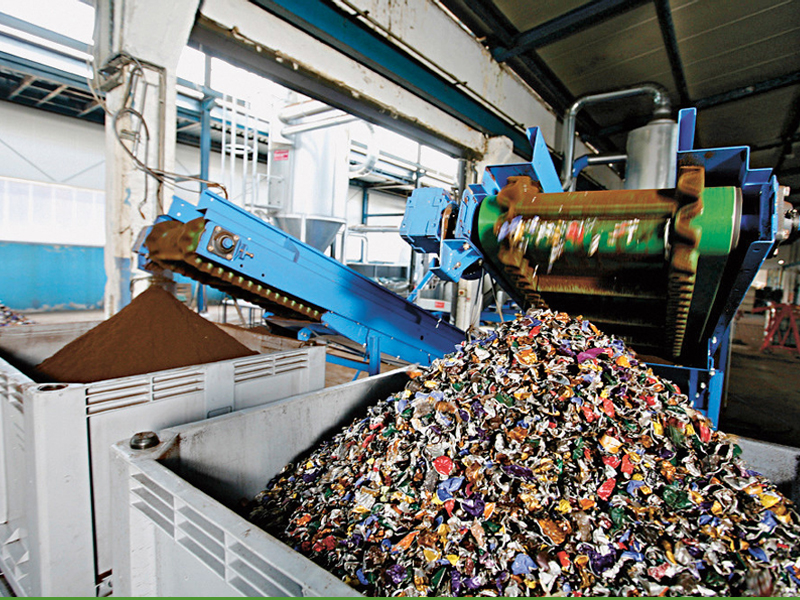
Use Compost & Bio-Gas
Bio-gas is environment friendly and has various applications in cooking, drying, cooling, heating etc. It is used in the production of electricity, methanol and steam.Composting Enriches soil, helping retain moisture and suppress plant diseases and pests. Encourages the production of beneficial bacteria and fungi that break down organic matter to create humus, a rich nutrient-filled material.
Reuse & Recycling
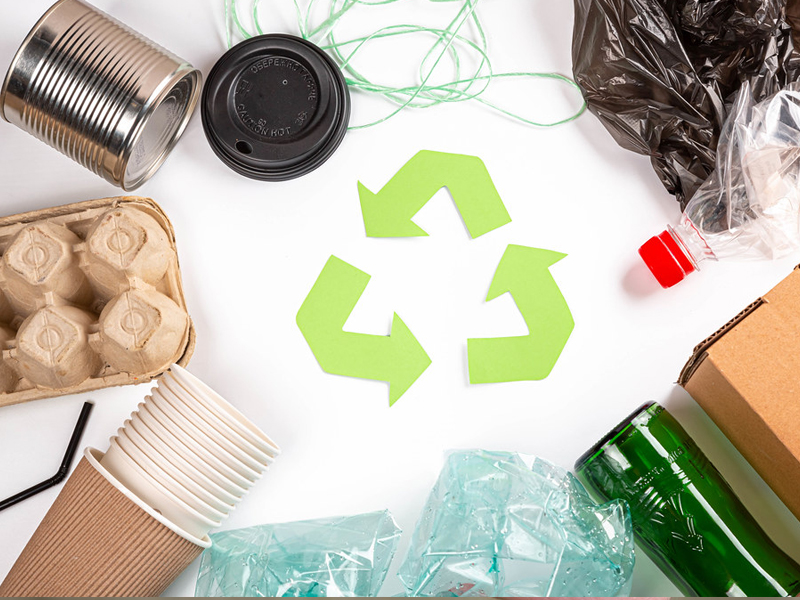
Recycling & Reusing
Recycling means turning an item into raw materials which can be used again, usually for a completely new product. Reusing refers to using an object as it is without treatment. This reduces pollution and waste, thus making it a more sustainable process.

What is 3 R's in Reduce
The principle of reducing waste, reusing and recycling resources and products is often called the “3Rs.” Reducing means choosing to use things with care to reduce the amount of waste generated. Reusing involves the repeated use of items or parts of items which still have usable aspects.
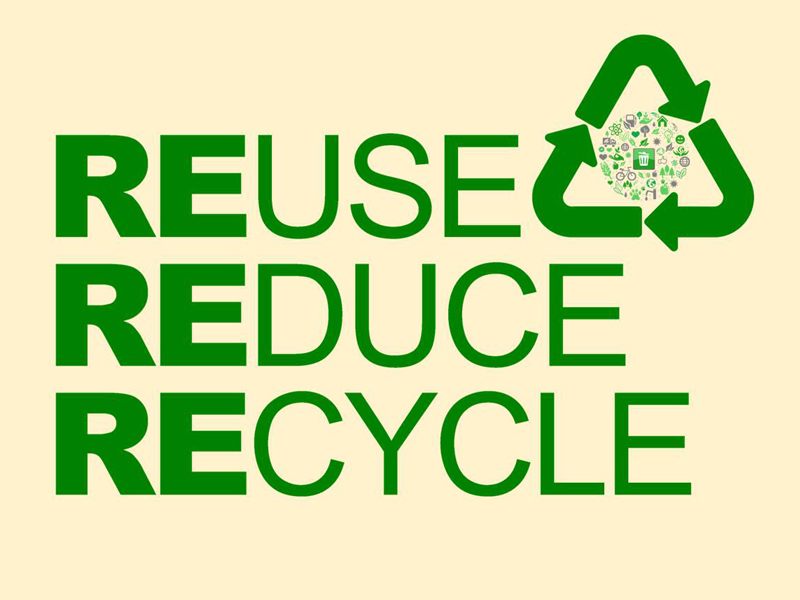
Importancy
Using recovered material generates less solid waste. Recycling helps to reduce the pollution caused by the extraction and processing of virgin materials. Also, when products are made using recovered rather than virgin materials, less energy is used during manufacturing, and fewer pollutants are emitted.
